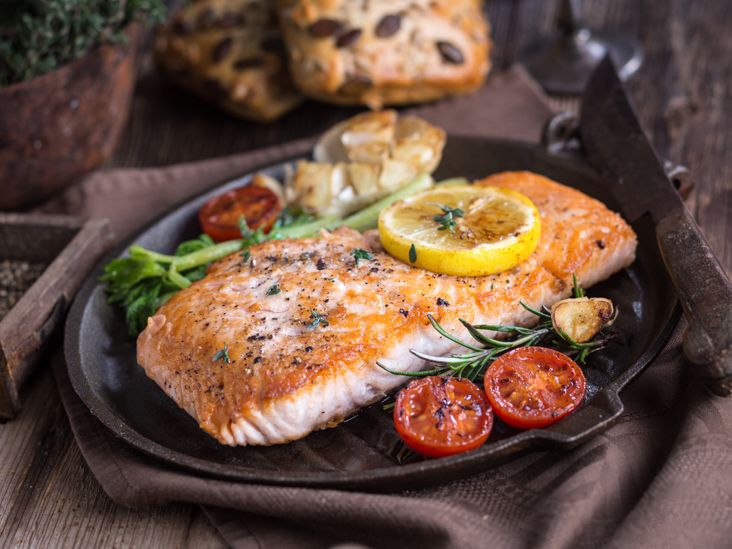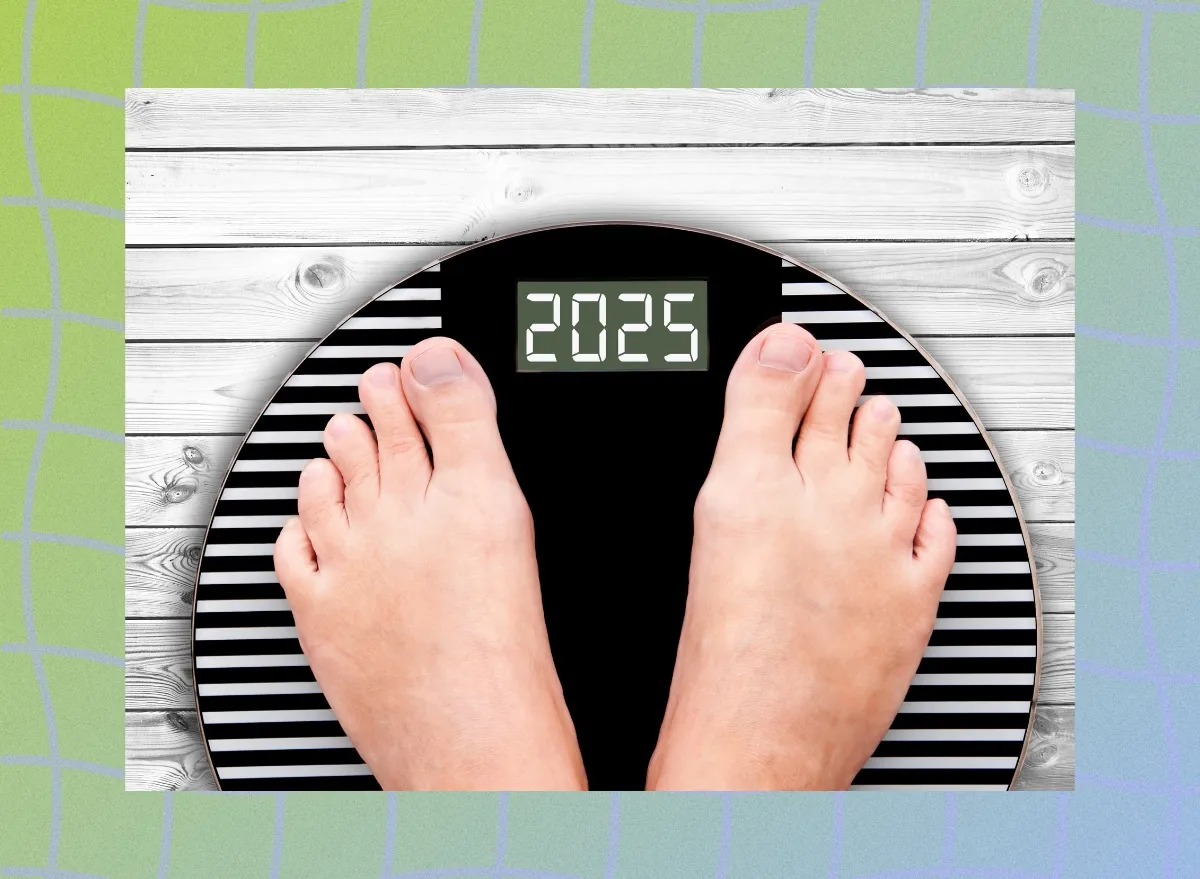A High-Protein Diet Plan to Lose Weight and Improve Health

Protein is an important macronutrient for good health.
According to the
However, some
Keep reading to learn more about protein’s role in weight loss and how to eat a high protein diet.
Protein is one of the three macronutrients, along with carbs and fat. It plays a key role in the formation, maintenance, and structure of your organs and tissues.
Protein has many important bodily functions, such as:
Protein is made up of a chain that contains 20 smaller units called amino acids. Of these, nine are considered essential amino acids. They must be consumed in food because your body can’t make them.
Protein’s effects on weight loss
Increasing your protein intake may help promote weight loss in many different ways.
Appetite and fullness
Protein
These effects of a high protein intake could lead to a natural reduction in food intake.
Metabolic rate
A
Protein may also increase how much energy your body uses to absorb, metabolize, and store food. This is called the thermic effect of food (TEF). The TEF for protein is 20–30%, meaning that 20–30% of the calories found in protein are used simply to digest it. Meanwhile, the TEF for carbs and fat is 5–10% and 0–3%, respectively.
Body composition
Protein’s ability to suppress appetite, promote fullness, and increase your metabolism can help you lose weight.
A
Typically, when you reduce your calorie intake, your metabolism slows down. This is partly due to muscle loss. However, a higher protein intake can help protect against muscle loss and keep your metabolic rate up.
Other beneficial effects of protein
In addition to its effects on weight management, protein may also help:
How much protein should you eat every day?
The amount of protein you need every day depends on several factors, such as your age and sex. The exact amount is also somewhat controversial.
The Recommended Dietary Allowance (RDA) of protein is 0.8 g per kilogram of body weight (g/kg/bw), or 0.36 g per pound of body weight (g/lbs/bw).
However, the authors of a
Research suggests that eating more protein than the RDA may promote weight loss and overall health. For example:
- A
2017 study found that participants who ate a high protein diet of 1.34 g/kg/bw (0.6 g/lbs/bw) for more than 75% of the 6-month duration experienced significantly more weight loss than the group who followed the RDA requirements. - A
2016 review found that eating up to 2 g/kg/bw (0.9 g/lbs/bw) may help promote strength and prevent muscle degeneration. - A 2015 study found that females ages 65 years and older require 1.3 g/kg/bw (0.6 g/lbs/bw) of protein to help prevent age-related muscle loss.
- A 2015 review found that eating up to 1.6 g/kg/bw (0.7 g/lbs/bw) per day can help promote weight loss, reduce body fat, and maintain muscle mass.
Consuming protein beyond 2 g/kg/bw (0.9 g/lbs/bw) may not provide additional benefits. A
A high protein diet for weight loss and overall health should provide about
So, if you weigh 68 kg (150 lbs), this provides 82–136 g of protein daily.
Speak with a healthcare professional or registered dietician if you want to lose weight and are unsure about how many calories and grams of protein you should be eating. They can develop a nutrition plan that’s right for you.
Sample high protein meal plan
Here’s a sample menu that provides about 100 g of protein per day. You can adjust the portions to meet your needs.
Monday
Tuesday
Wednesday
Thursday
Friday
Saturday
- Breakfast: Frittata made with 3 eggs, 1 oz cheese, and 1/2 cup diced potatoes.
- Lunch: Leftover chicken meatballs with marinara sauce and spaghetti squash with an apple.
- Dinner: Fajitas with 3 oz (85 g) shrimp, grilled onions, bell peppers, guacamole, and 1/2 cup black beans on a corn tortilla.
Sunday
Some high protein snacks can also help you boost your protein intake and promote weight loss.
How to follow a high protein diet
A high protein diet can be customized according to your food preferences and health-related goals. For instance, you can follow a:
Here are a few basic guidelines to help you follow a high protein diet:
What are the risks of eating a high protein diet?
High protein diets are generally safe and healthy for most people.
For example, a
That said, you may need to eat a low protein diet to preserve kidney function if you’ve received a diagnosis of moderate to advanced kidney disease.
A
Speak with a healthcare professional or registered dietitian about how much protein you should consume each day if you have kidney disease.
What do you eat in a high protein diet?
It’s important to consider a wide range of protein sources. This may include animal and plant-based foods, including:
Can you lose weight by eating high protein foods?
Eating high protein foods could help you lose weight because protein may keep you satiated for longer and boost your metabolism.
What foods are highest in protein?
Some foods that are high in protein include:
- poultry, such as chicken and turkey breast
- egg whites
- seafood, such as shrimp, tuna, and halibut
Protein is an important nutrient.
A higher protein intake is linked to beneficial effects on appetite, weight, body composition, aging, and overall health.
To reap maximum benefits from a high protein diet, spread your protein intake throughout the day, choose high-quality sources, and balance your intake with healthy fats and carbs.
link







